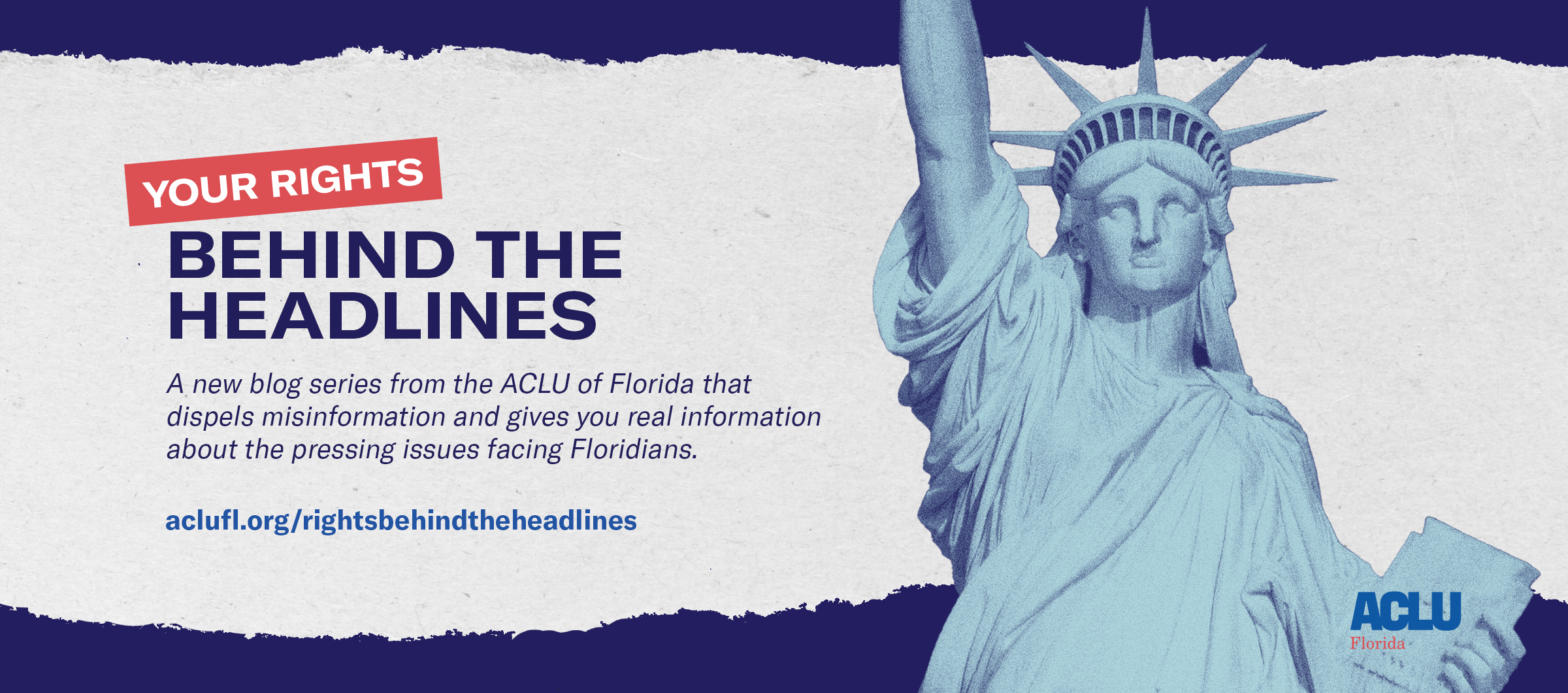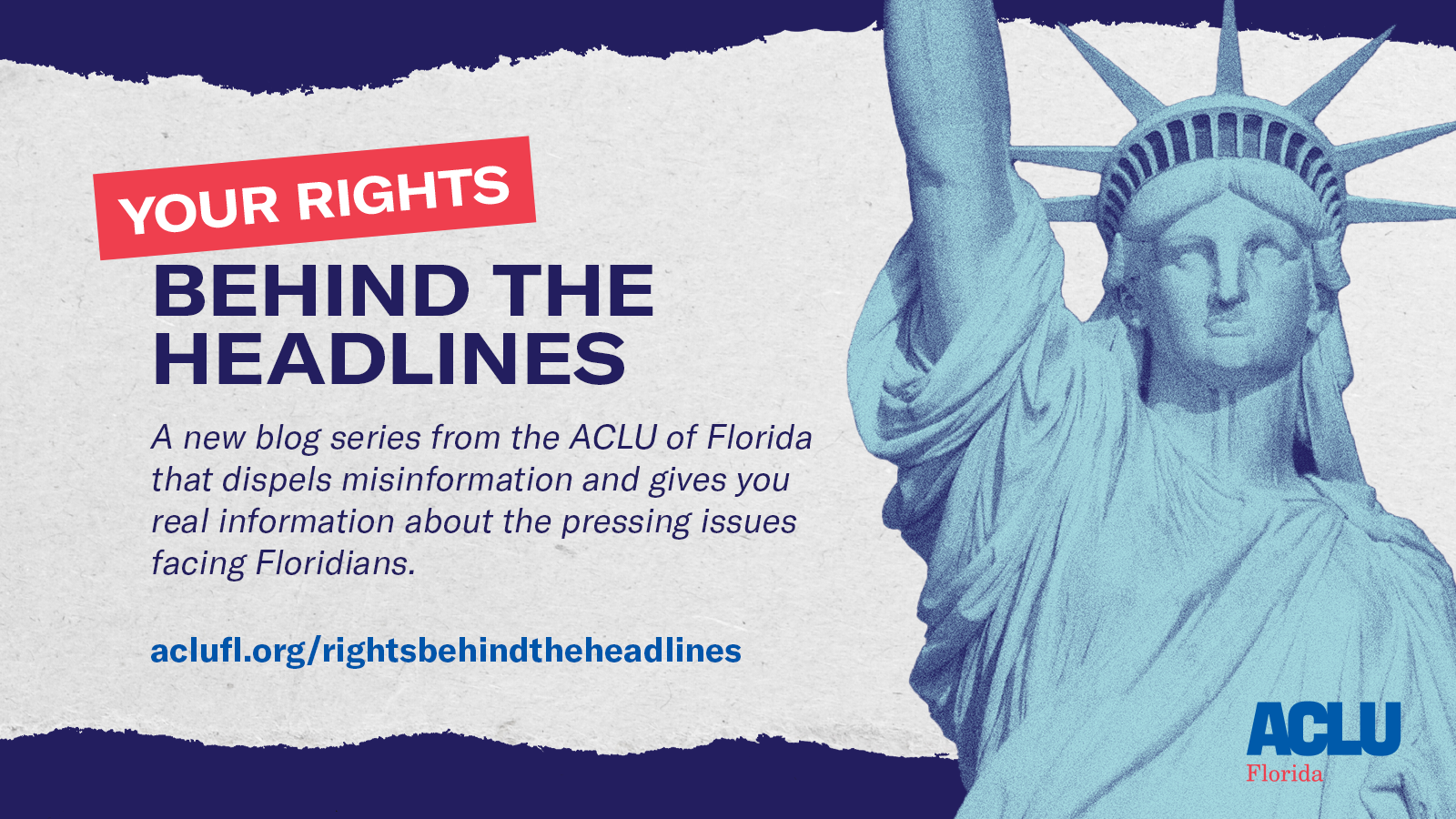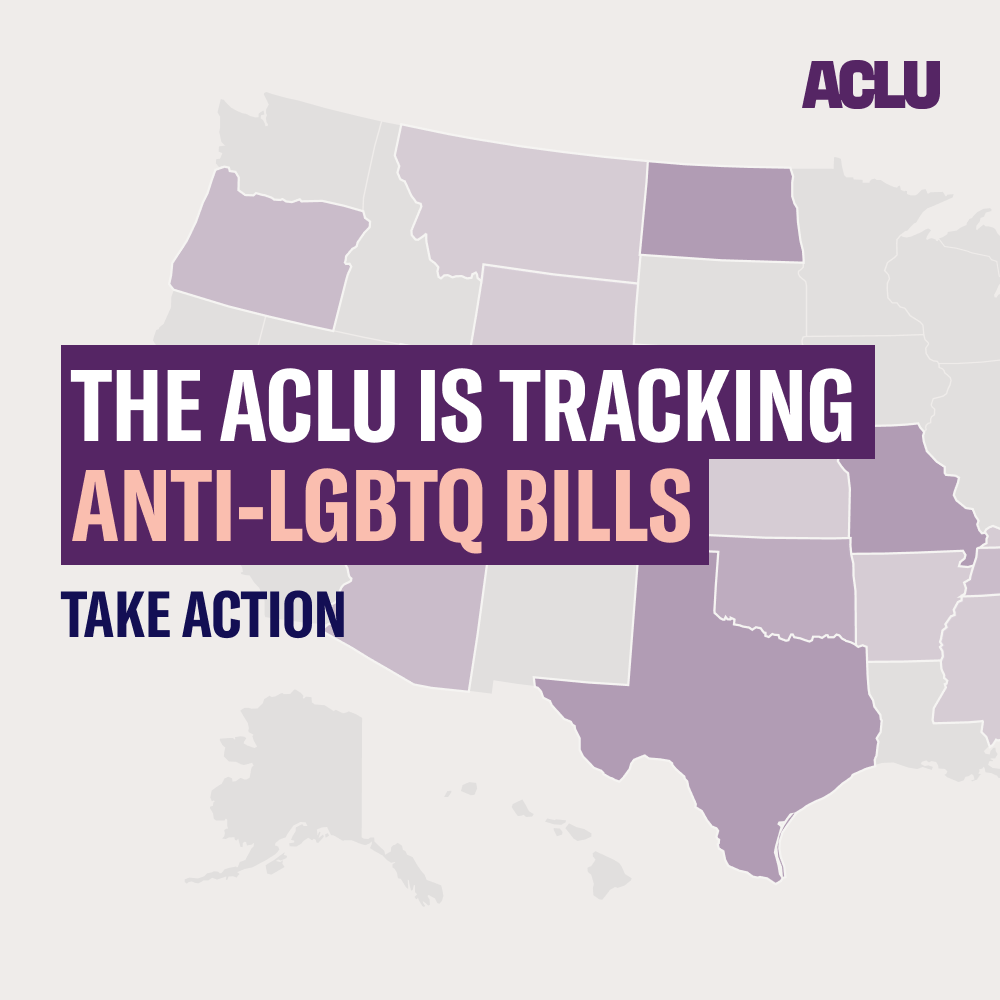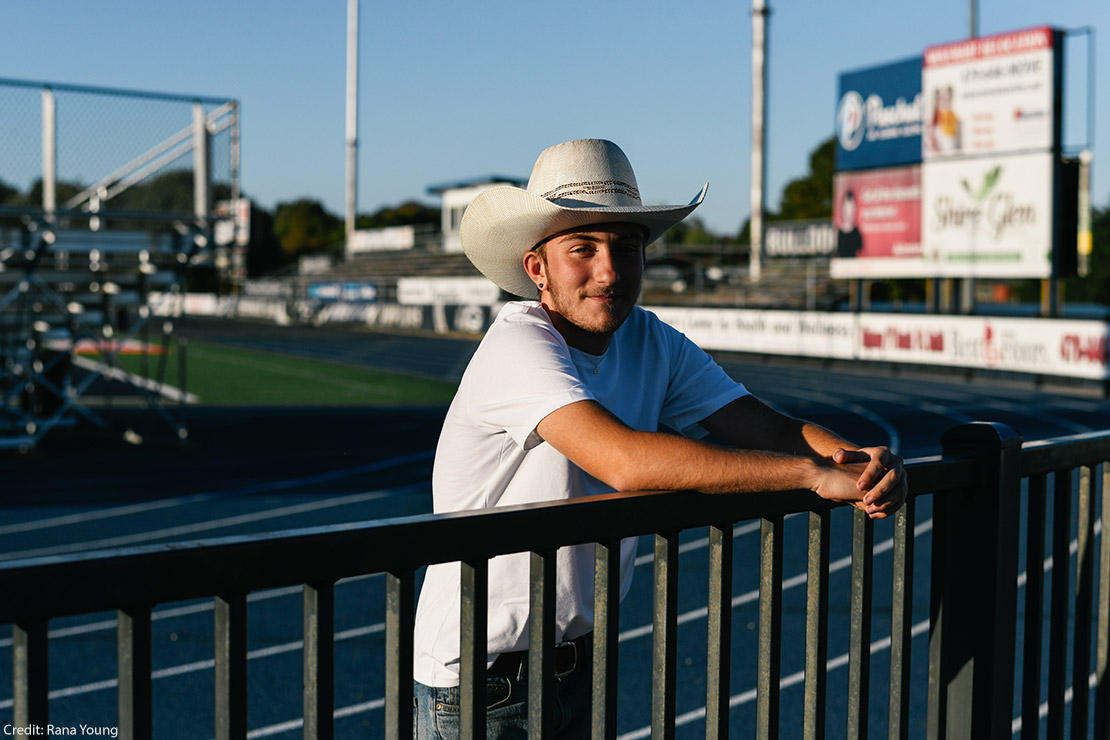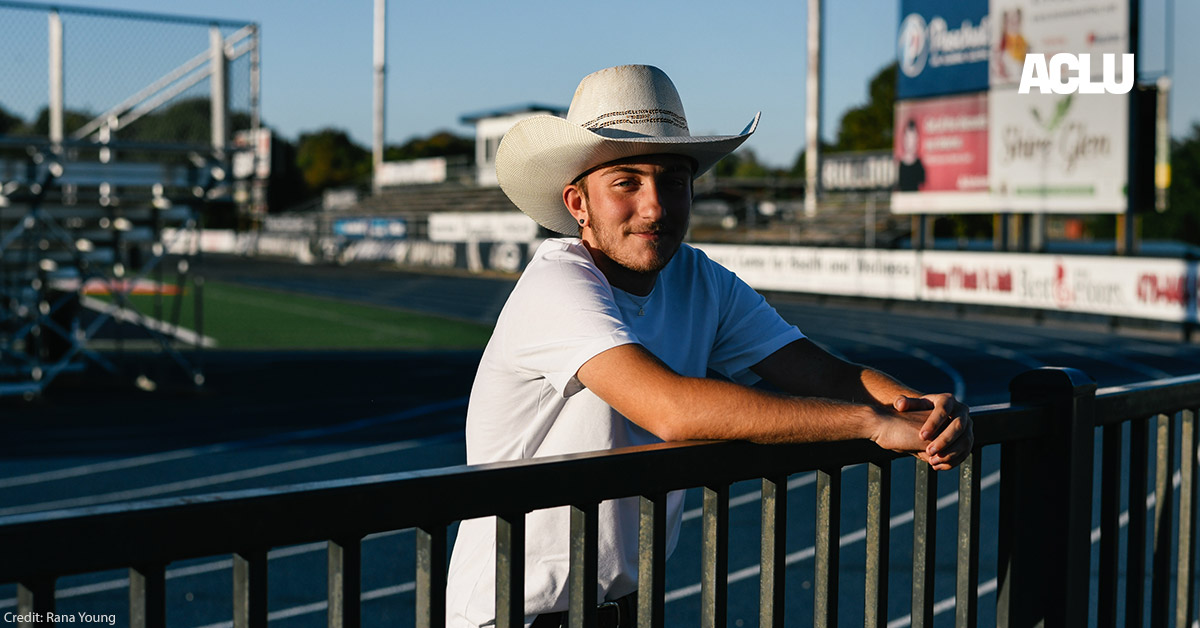Rights Behind the Headlines is a blog series from the ACLU of Florida that dispels misinformation and gives Floridians critical information about the most pressing issues facing our state. Read the full series at aclufl.org/rightsbehindtheheadlines.
We’re dispelling Gov. DeSantis’ claim that new laws that attack diversity and free speech in education “encourage diversity of thought, civil discourse, and the pursuit of truth for generations to come.”
Gov. DeSantis’ administration is continuing its attempts to dictate what ideas and history students can learn about in school. Right now, it’s stoking a one-sided culture war in an attempt to justify expanding government control over campus conversations at the expense of our First Amendment rights to learn and freely share ideas.
We’ve previously covered the unconstitutional Stop W.O.K.E. Act (H.B. 7), which targeted primary school students. A federal judge called the bill “positively dystopian” in a November ruling in favor of the Florida students and educators suing the governor. Despite this, the governor ramped up his positively dystopian education agenda in 2023, first by removing an AP African American Studies course in January, saying that the course “lacks educational value” and pushes a “political agenda.”
Gov. DeSantis said a lesson on queer theory was not an important part of the course. To correct the record, Brandi Waters, AP African American Studies' senior director, told USA TODAY that the intention of the course was to teach students “a diversity of lived [experiences].” This included a section on various movements and debates throughout Black American history, including “the Civil Rights Movement, housing discrimination against Black Americans, the Black Power Movement, feminist movements and ‘diversity within Black communities.’”
Queer Black Americans are as inseparable from Black history as Harriet Tubman and Martin Luther King, Jr. Prominent LGBTQ+ Black Americans like James Baldwin, Marsha P. Johnson, and Audre Lorde were thought leaders, authors, and activists whose musings on civil rights, feminism, and the LGBTQ+ experience are behind significant cultural shifts that radically changed the face of American society today.
It is no more inappropriate to talk about their lived experiences than it would be to discuss, say, LGBTQ+ victims of the Holocaust who were persecuted and sent to death camps by the Nazi regime.
In May, however, Gov. DeSantis signed Senate Bill 266. This new law puts critical faculty decisions, including hiring and review of tenure, in the hands of political appointees. The law also forbids colleges and universities from spending money on activities, speakers, events, and clubs that promote diversity, equity, and inclusion (DEI). Because the language is so vague and broad, the law threatens historically Black sororities and fraternities, as well as DEI groups such as veterans’ services and student religious groups.
The governor signed this latest anti-free speech bill at New College of Florida, which is being treated as an incubator for the governor’s ideological playground. Disturbing stories from the school highlight personal financial gain, racist decisions overruling student input, and retaliation. The changes implemented at New College are a cautionary tale of how stoking a one-sided culture war in support of a single political ideology tramples on free expression and the ability to actually teach and learn in a classroom.
The First Amendment right to learn, to teach, to express does not end at the classroom door. It is not dictated by a governor, a state legislature, or political appointees. Florida’s education system is not a forum for the government to exercise unilateral ideological control out of fear or disgust for American history that includes the treatment of and contributions of marginalized people.
As queer Black civil rights activist James Baldwin once said, “It is certain, in any case, that ignorance, allied with power, is the most ferocious enemy justice can have.”
Date
Friday, June 30, 2023 - 3:30pmFeatured image
